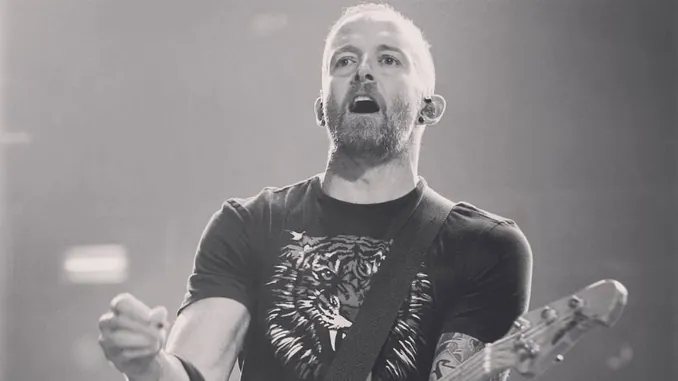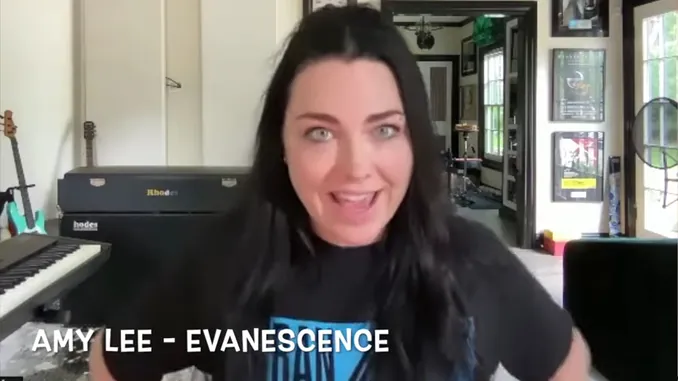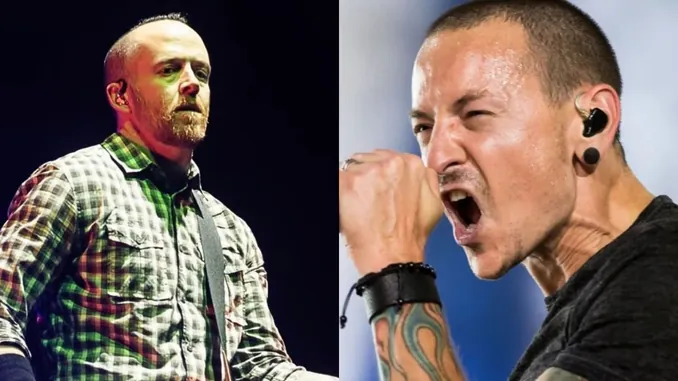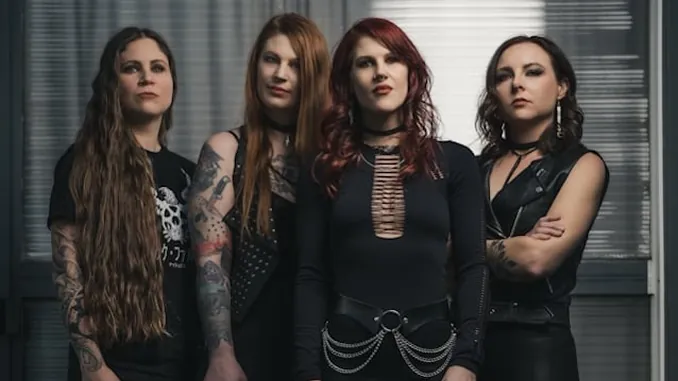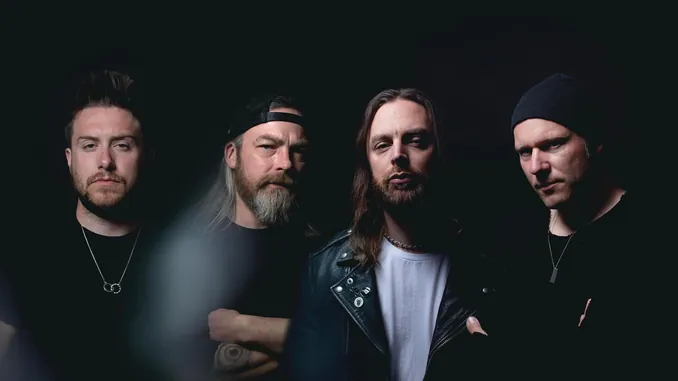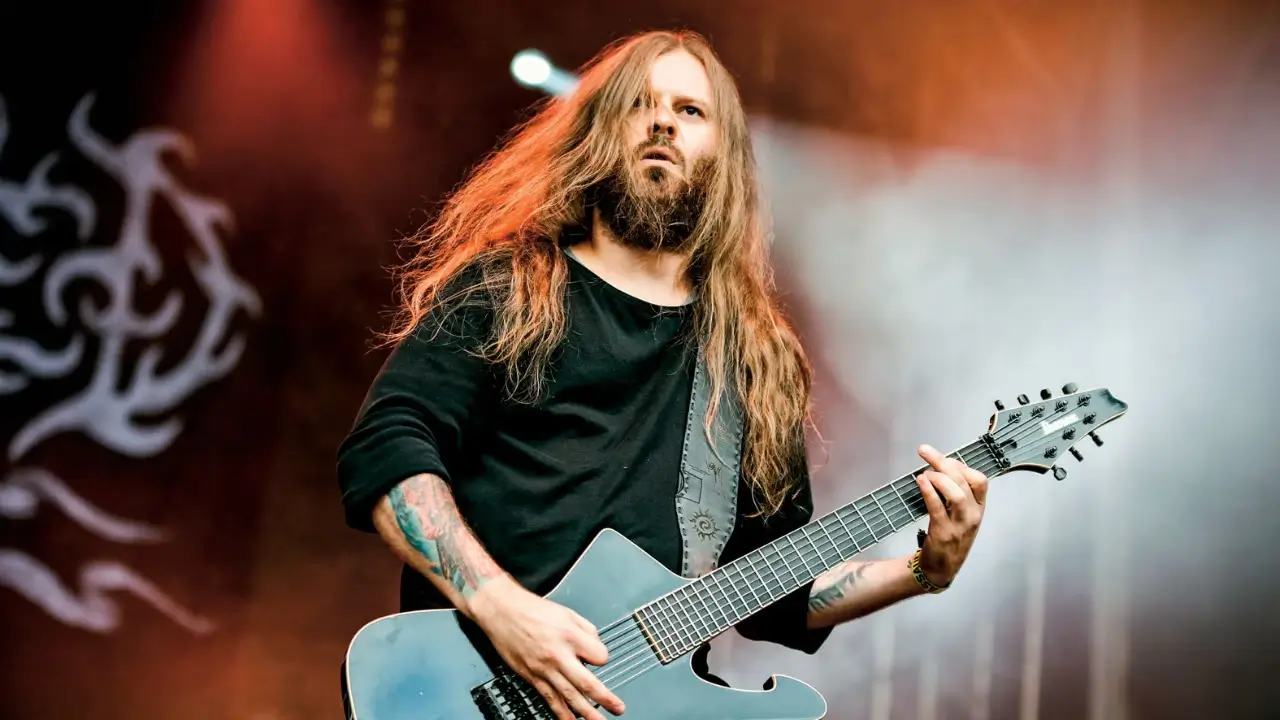Phil Labonte: Korn’s Impact on Deathcore Goes Beyond Nu-Metal
The All That Remains vocalist says Korn’s influence extends to deathcore through their signature breakdowns.
Summary
- Phil Labonte credits Korn with influencing the rise of deathcore through their innovative heavy sound.
- Labonte believes Korn’s use of breakdowns reshaped what it meant to create heavy music in the ’90s.
- Bands like Suicide Silence and newer acts like The Callous Daoboys have shown Korn’s lasting impact on the metal scene.
When a band ends up becoming so influential that people start crediting them for launching a whole subgenre, it’s something to take note of. But when a group gets blamed for a genre they don’t even directly belong to? That’s when you know you’re dealing with a massive band.
Phil Labonte, frontman of All That Remains, think Korn managed to do just that. According to him, the nu-metal titans didn’t just shape their own style—they apparently helped birth deathcore as well. Not exactly the first genre you’d connect with Korn, right?
Related
Labonte’s thoughts came out during an interview with Joshua Toomey, where he reflected on the ’90s and Korn’s monumental impact on the heavy music scene.
“Back in the ’90s, Korn hit like a bomb,” Labonte said. *“They had this massive influence. I mean, it’s pretty obvious, but I don’t think people today get just how much they changed things. Before Korn, metal bands were all about riffs. Then Korn came along, and suddenly, people were like, ‘Well, that’s a new kind of heavy.’
He says that, Korn brought something fresh to the table, something everyone wanted to copy. He believes that without Korn, you wouldn’t have the deathcore bands that exist now. They redefined what it meant to make heavy music, especially with those iconic breakdowns.
“Before Korn, there were elements of breakdowns in death metal and metal in general. But Korn made that sound more defined, really brought it out,” Labonte continued.
“And you could argue that without Korn, you wouldn’t even have metalcore breakdowns the way you do now. Maybe you’d still get them, but I’m not so sure.”
Labonte went on to talk about his personal experience with the shift in sound. Back in his death metal days, he had bandmates pushing to adopt that Korn-inspired style, particularly those chunky breakdowns. Labonte? Not a fan.
“I wanted to play metal, like proper thrashy metal,” he said, adding that even today, he’s not sold on the whole breakdown trend. “If you listen to All That Remains, we’re not a breakdown band—we’re all about the riffs. Sure, I like heavy riffs and the occasional breakdown, but we don’t rely on that chuggy stuff.”
As pointed out by ThePRP, Labonte’s not completely off the mark with his take. Back in the early metalcore days, bands like Suicide Silence were openly rocking their Korn fandom. They even roped Korn’s Jonathan Davis in for a guest spot on their 2011 track “Witness The Addiction.” Talk about paying homage, right?
Nowadays you’ve got newer acts like The Callous Daoboys also showing their love for that nu-metal era, tearing through a Deftones cover like it’s still 1999. It’s pretty clear Korn’s influence continues to run deep through a lot of the current metal scene. Whether it’s deathcore, metalcore, or any other core, the fingerprints of nu-metal are still all over it.
And hey, that’s not necessarily a bad thing—assuming you’re into that sort of thing.
Got a tip for us? Email: [email protected]
They leaned on tech, and old-school jamming, to bring their sound back to life.


